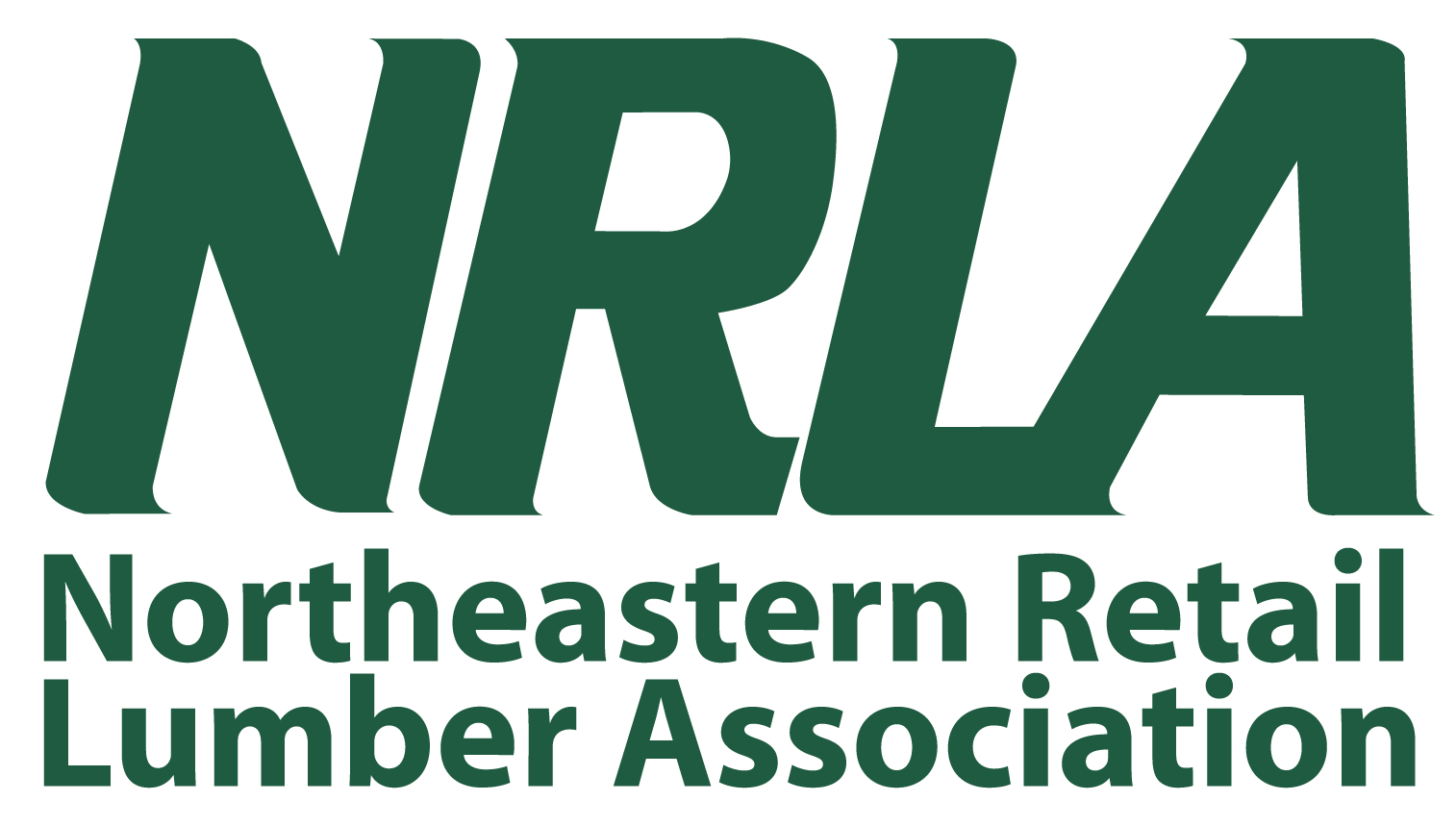The General Assembly activity has increased to the point where some committees have scheduled for hearing as many as 24 bills. This will continue until the spring recess, (the week of April 18-22) as bills introduced should have had a hearing by the break to remain alive for the legislative session.
One bill, H-7934 – An Act Relating to Labor and Labor Relations – Workers’ Compensation Procedure inserts one short paragraph that could seriously impact and alter the Rhode Island Workers’ Compensation System that has been in place for several years.
Our state’s workers’ compensation system has become a mode of stability, predictability, and the changes sought would significantly impair these hard-one gains.
This legislation will create delays and confusion in the civil litigation and workers’ compensation systems of our State, add significant expense to the cost of doing business in Rhode Island, and interfere with the prompt delivery of workers’ compensation benefits to injured workers.
In essence, H 7934 proposes to amend the Rhode Island Workers’ Compensation Act (the “Act”) by completely changing its constitutional underpinnings and eviscerating the long standing interrelationship between the Act and the tort system of both the Rhode Island and federal judicial system. When the General Assembly created the workers’ compensation system in 1912, it was very clear that it wanted employees to be compensated for workrelated injuries, with wage replacement, medical benefits, and specific compensation, with a minimum of delay and absent the costs that are usually associated with a trial. History has shown that it has worked, but passage of this bill will imperil this intent.
The Act’s constitutionality was and remains rooted in the election of remedies afforded the employee provides that an employee is subject to the Workers’ Compensation Act and waives his or her common-law rights unless he or she gives written notice to the employer that the employee is retaining his or her right to sue at common law. In exchange for the benefits they receive under the workers’ compensation system, employees and their dependents forgo any rights they might have had at common law against their employer. While the employer is protected from common law liability, it is prohibited from raising the typical affirmative defenses in relation to the work related injury and waives the constitutional right to a jury trial simply said. It is a no fault system. This formula is the foundation of our Act.
The controlling statute in this circumstance is the subject of H7934. Present state law R.l.G.L. 28-35-58 grants to the employer the right to reimbursement when an employee has received benefits under the Workers’ Compensation Act and has also recovered damages for the same injury from a negligent third party and this position has been repeatedly upheld Rhode Island in Supreme Court decision. The effect of the proposed legislation would be that the negligent third party would pay the injured worker, the non-negligent employer would pay the injured worker and the injured worker would recover twice for the same injury. The intended purpose of the Act is that the negligent party pay for the damages caused. Its purpose was not that the Petitioner could recover twice. Passage of the bill would implicitly make the employer responsible for injuries caused by negligent third parties.
In addition, the bill completely ignores the workers’ compensation court as it proposes that “any dispute regarding the appropriate apportionment of the amount to be reimbursed by the employee shall be heard in the court having jurisdiction of the underlying third-party claim.”
Finally the rates that employers pay for mandatory workers’ compensation insurance in Rhode Island are set by the Department of Business Regulation. Their considerations in setting these rates include the expenses associated with the operation of our system and the recovery of third party liens. Workers’ compensation rates would skyrocket thereby exponentially increasing the cost of conducting business in Rhode Island.
In summary, if adopted, this legislation would change the nature of workers’ compensation benefits and potentially dismantle the established solutions offered by the workers’ compensation system. If passed, this proposal could gut the entire system.


